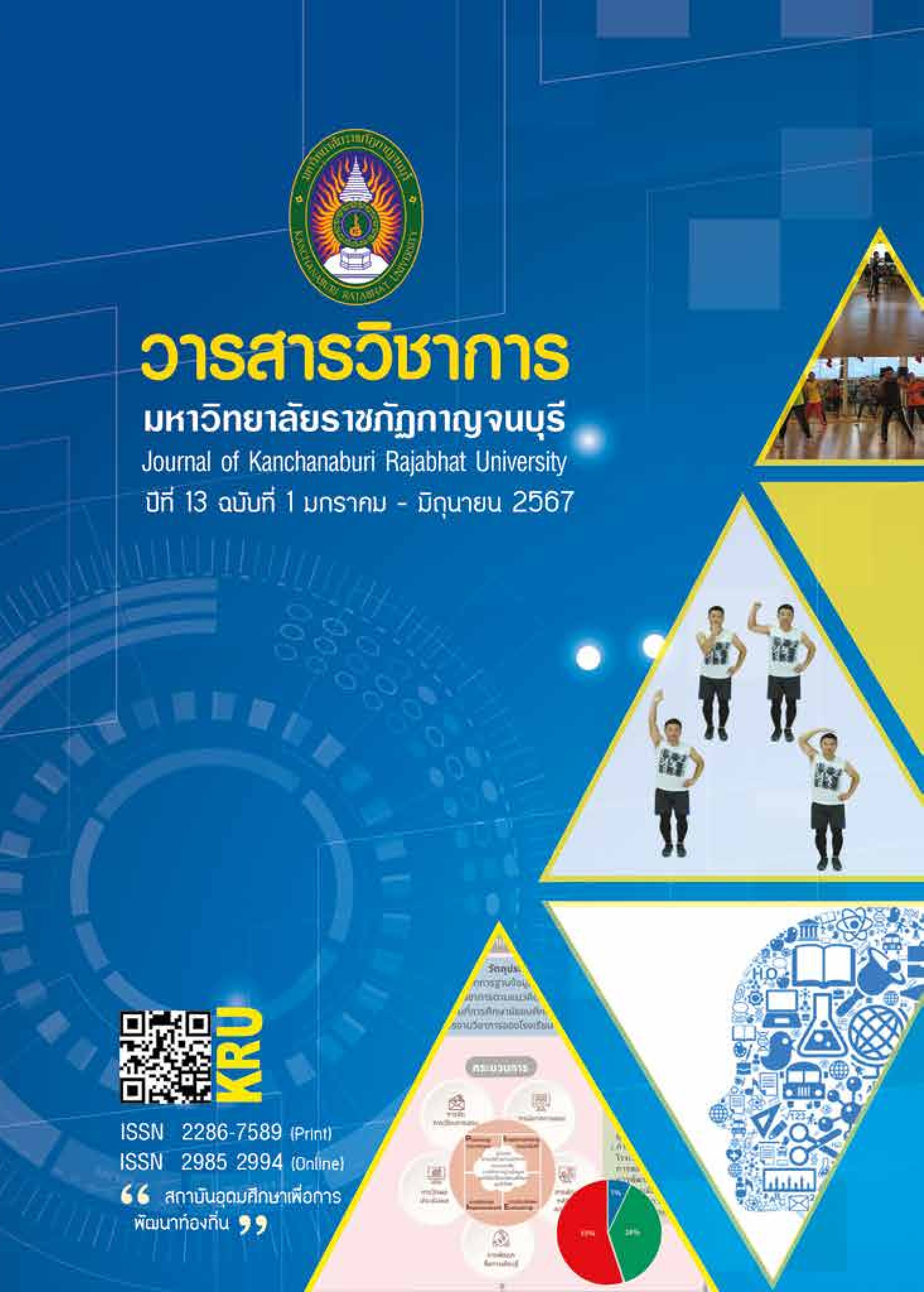บทบาทขององค์กรบริหารปกครองกีฬาเพื่อคุ้มครองประโยชน์สาธารณะด้านกีฬาในประเทศอังกฤษ: มุมมองทางกฎหมาย
Main Article Content
Abstract
The protection of fair competition or, broadly speaking, protection of the public interest of sports is a central aspect of all modern sports ruling as well as a direct purpose of regulatory functions of sports governing bodies (SGBs). This study addresses the challenges and opportunities for the application of sports rules and regulations that are provided by self-regulation of SGBs, particularly with regard to fair competition, equality, integrity, disciplines and ethics in sports. The discussion addresses the ways in which self-regulation of the SGBs relies on the autonomy of sports for providing regulatory and sanctioning functions and for setting out levels of transparency, accountability and integrity in sports, with a focus on professionalization and standardisation of sports, as well as on the possibility of developing a common set of rules and regulations in sports. These build a foundation in the public interest protection in sports by ruling sports in England. The main objective of sports governance in England is to increase autonomy of sports ruling to protect the common interests of sports participants and create a sense of responsibility for sports stakeholders in running their commercial and businesses activities. This study particularly examines the effectiveness of the regulations and legal aspects that govern the sports industry in ensuring that the public interest of sports is adequately protected in the English legal system. It evaluates the scope for any practice of safeguarding participants of activities and competitions, and the public, against unfair practices in sports.
Article Details

This work is licensed under a Creative Commons Attribution-NonCommercial-NoDerivatives 4.0 International License.
References
Anderson, J. (2006). An accident of history: Why the decisions of sports governing bodies are not amenable to judicial review.
Common Law World Review, 35 (3), 173–196.
Cattaneo, A. (2018). Social Dialogue and the regulatory power of governing bodies. The International Sports Law Journal, 17 (3–4),
–127.
Everley, S. (2020). The Child Protection in Sport Unit – Supporting National Governing Bodies in Hearing the Voices of Children: An
Evaluation of Current Practice. Child Abuse Review (Chichester, England: 1992), 29 (2), 114–129.
Greenhow, A., and East, J. (2015). Custodians of the Game: Ethical Considerations for Football Governing Bodies in Regulating
Concussion Management. Neuroethics, 8 (1), 65–82.
Instutute of Alcohol Studies. (2020). Licensing in Practice: The Availability of Alcohal in UK Society. London: Instutute of Alcohol Studies.
London Borough of Hammersmith and Fulham. (n.d.). A Guide to Starting a Sports Club. London: London Borough of Hammersmith &
Fulham.
Mikkonen, M., Stenvall, J., & Lehtonen, K. (2021). The paradox of gender diversity, organizational outcomes, and recruitment in the
boards of national governing bodies of sport. Administrative Sciences, 11 (4), 1–16.
National Audit Office. (2018). Departmental Overview, October 2018: Department for Digital, Culture, Media & Sport. London: National
Audit Office.
O’Leary, L. (2021). Independence and impartiality of sports disputes resolution in the UK. The International Sports Law Journal, 21 (4),
–256.
Rodenberg, R. M., Sackmann, J., & Groer, C. (2016). Tennis integrity: a sports law analytics review. The International Sports Law Journal,
(1–2), 67–81.
Sport England. (n.d.). Government Sport Survival Package: Targeted financial relief to help our sports clubs survive the impact of the
delay to spectator readmission during the coronavirus crisis. Retrieved February 12, 2024, from https://www.sportengland.org/
guidance -and-support/coronavirus/funding-innovation-and-flexibility/government-sport-survival.
Taylor, M., & O’Sullivan, N. (2009). How Should National Governing Bodies of Sport Be Governed in the UK? An Exploratory Study of
Board Structure. Corporate Governance: An International Review, 17(6), 681–693.


